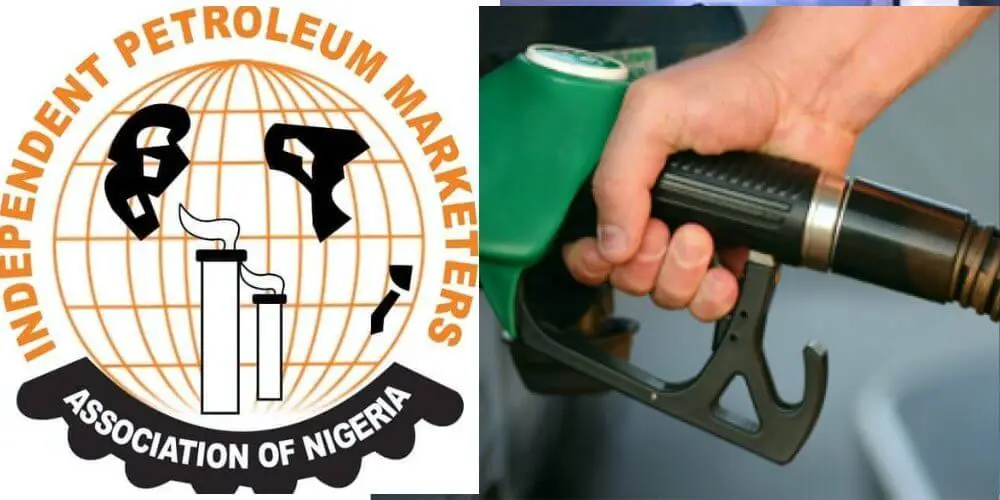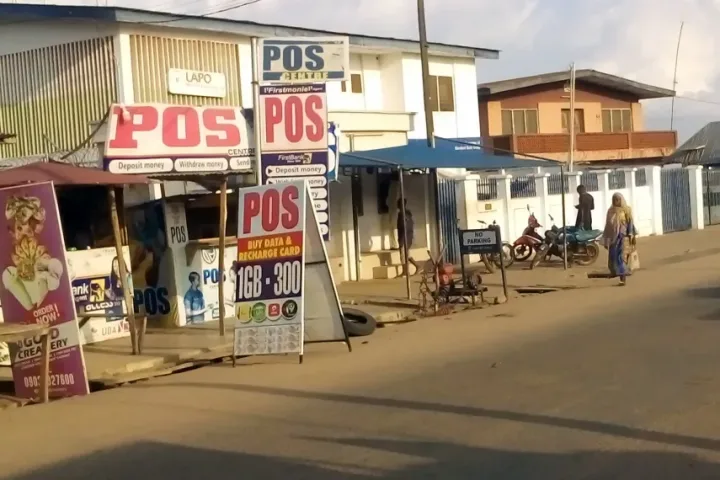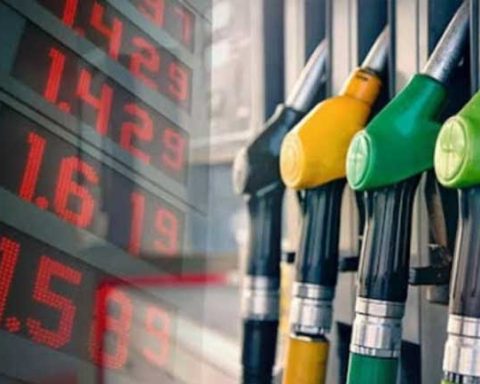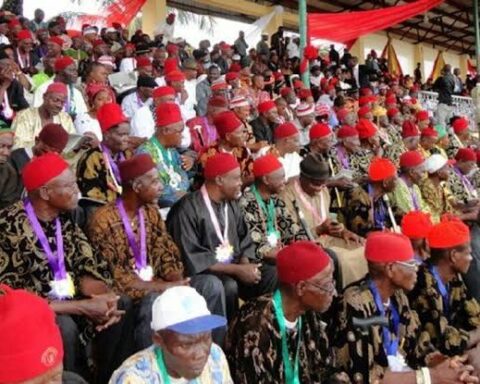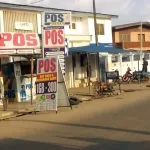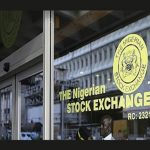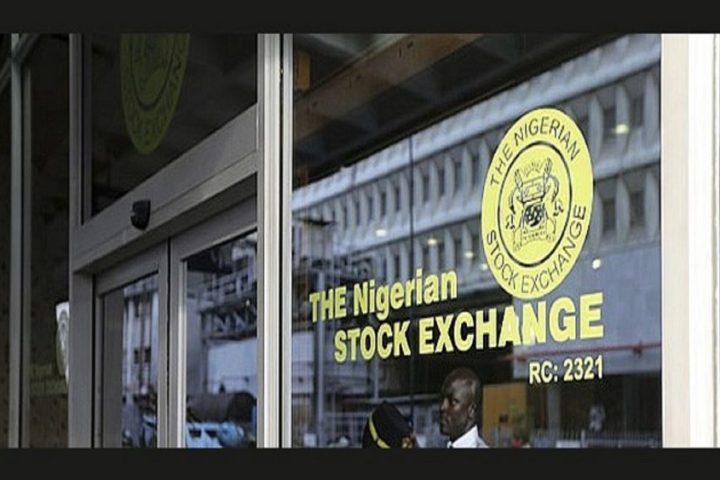Oil marketers have revealed that some fuel stations continue to sell petrol above N1,000 per litre because they are still selling off old stock purchased at a higher rate. According to the National Vice President of the Independent Petroleum Marketers Association of Nigeria (IPMAN), Hammed Fashola, many stations have not yet sold out their old stock, which was bought at N970 per litre.
“Some of our members have old stocks. So, there’s no way they can just start immediately,” Fashola explained. He noted that once these old stocks are depleted, the stations will adjust to the new lower prices.
Join our WhatsApp ChannelPrice Reduction by Dangote Refinery
On December 19, 2024, the Dangote refinery reduced its ex-depot price of petrol from N970 to N899.50 per litre. This price cut led to a competitive market response, with the Nigerian National Petroleum Company Limited (NNPC) reducing its ex-depot price to N899 per litre as well.
Despite this reduction, Fashola emphasised that immediate price changes at all stations are unrealistic due to the old stock issue. “By next week, you will see more of them [stations] adjusting their prices,” he assured.
READ ALSO: Oil Marketers Demand Clearer Path To Buy from Dangote Refinery As Petrol Price Soars
Competition and Market Dynamics
Fashola pointed out the competitive nature of the market, stating that no marketer wants to be left behind. “This is competition. If you like, put your fuel at N1,500, nobody will buy it,” he said, explaining that the price adjustments are not deliberate but a result of market forces.
The President of Dangote Industries Limited, Aliko Dangote, also noted that the price reduction was driven by market dynamics, which have forced some marketers to sell petrol below N1,000 per litre, with prices varying from N935 to N990 depending on the station.
READ ALSO: Nigerian Govt Should Privatise Refineries, Invest In CNG – Oil Marketers
Losses and Financial Challenges
Fashola acknowledged that many marketers are incurring losses due to the sudden price reduction. He explained that even with old stock, some marketers have reduced their prices to remain competitive. “When we calculated our losses, we thought it was minimal. So, we reduced our prices despite being the old stock,” he said.
He also highlighted the financial difficulties marketers face, especially with rising interest rates. “We need more money to remain in business, but with a little margin,” Fashola added, emphasizing the need for marketers to adapt to the deregulated market.
Disparities in Regional Prices
Joseph Obele, the National Publicity Secretary of the Petroleum Products Retail Outlet Owners Association of Nigeria, pointed out the price disparities between regions. He mentioned that while the NNPC sells petrol at N899 per litre in Lagos, the price in Port Harcourt is N970 due to logistical challenges. Obele confirmed that no members of his association have bought fuel at the reduced rate yet, justifying the higher prices at some stations.
Future Projections and Advice
Fashola advised marketers to be prepared for the ongoing challenges in the deregulated market, urging them to adapt to the new trends. “We cannot be doing our business the way we used to do it before,” he concluded, stressing the importance of staying informed and making strategic decisions.
The ongoing price variations at fuel stations reflect the complexities of transitioning to a deregulated market. While old stock and regional disparities contribute to the higher prices, oil marketers are gradually adjusting, promising more uniformity in pricing as the market stabilises.
Emmanuel Ochayi is a journalist. He is a graduate of the University of Lagos, School of first choice and the nations pride. Emmanuel is keen on exploring writing angles in different areas, including Business, climate change, politics, Education, and others.

